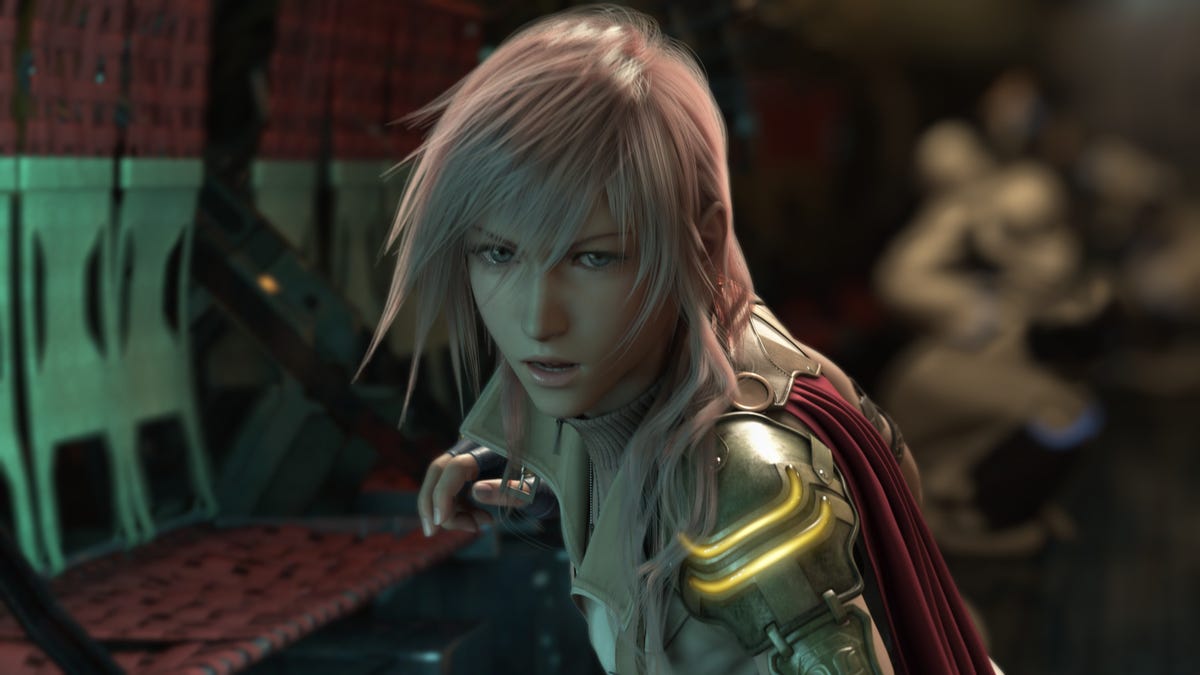While Japanese games of varying genres are enjoying success these days, the 2000s and 2010s weren’t as kind, especially in Western markets. Since then, there’s been a lot of speculation as to why Japanese games struggled during these years, often from westerners themselves, with some pointing to key game design trends. But recent comments from Final Fantasy’s creator Hironobu Sakaguchi suggest that the decline of unique console hardware, exclusives, and cultural differences is the likely cause.
By the late 1990s, Japanese games like Final Fantasy VII, Chrono Trigger, or Castlevania had become must-play experiences for their inspired stories, excellent technical presentation, and engaging gameplay. But the following two decades were a different story. Anticipated entries like Final Fantasy XIII failed to reach sales expectations with the rise of Western RPGs such as TK (and many felt that train came off the rails starting with 2001’s Final Fantasy X). Newer attempts at franchises like Sakaguchi’s Blue Dragon on Xbox 360 in 2006 were met with lukewarm reception at best. Meanwhile, Western-made games like Mass Effect had become the new gaming sensations. While some may point to declining interests in traditional, linear forms of storytelling in games as a likely reason, Hironobu Sakaguchi suspects that dramatic changes in the hardware used to play games presented a tough road for Japanese devs to follow.
Sakaguchi: ‘Consoles like the NES and PlayStation were very specific hardware’
Speaking to IGN along with Castlevania senior producer Koji Igarashi, Sakaguchi discussed why he feels Japanese games were of “higher quality” for systems with ‘“specific hardware”’ like the NES or PSX. The answer, as many students of video game history might suspect, has to do with those very consoles. With specific hardware configurations produced by Japanese manufacturers, devs at the time had to become experts in how to best utilize these devices, and there was no language barrier to gaining these skill sets. Sakaguchi said:
“[Specific, Japanese-made consoles] made it easier for Japanese developers to master the hardware, as we could ask Nintendo or Sony directly in Japanese. This is why—I realize it might be impolite to say this—Japanese games were of a higher quality at the time. As a result, Japanese games were regarded as more fun, but when the hardware became easier to develop for, things quickly changed.”
Castlevania producer Koji Igarashi added that the “long history of PC culture” in the West was better adapted to the hardware trends that would follow in the 2000s, a trend which continues to this day. The PS5 and Xbox Series consoles more closely match PC hardware than dedicated gaming boxes perhaps ever have. That change wasn’t easy.
Igarashi describes the journey as a tough growing pain. “Japanese developers could no longer rely on their speciality as console developers,” he said, “and had to master PC development.”
While some may be quick to point out, perhaps, that the PS3’s unique and troublesome Cell Broadband Engine certainly fits the criteria of “specific hardware,” it was maybe too specific. Though Sony made incredible promises for its performance (and odd commercials), its unique architecture was a chore for developers around the world, leading Sony to pivot away from it for the PS4. But the 2000s and 2010s were also a time where Japanese games, particularly Final Fantasy, made the switch to multi-platform releases. Devil May Cry 4 was another notable series that made the jump to other platforms. This shattered the trend of focusing on a specific set of hardware constraints. And at the time it didn’t really go over too well. It seems natural now to expect a Final Fantasy to appear on multiple consoles, but the announcement of XIII coming to Xbox 360 was quite the surprise in the 2000s.
Sakaguchi believes that where we play our games also makes a difference
Sakaguchi also said that the “cultural differences” between Japan and the West make meaningful differences in what kinds of games are made. “In the West,” Sakaguchi said, “children often get their own room from a very young age, whilst in Japan the whole family sleeps together in the same room.” He continued, “such small cultural differences can be felt through the games we make today […] I believe that cherishing my Japanese cultural background is what attracts people towards my games in the first place.”
While I for one can say that my private bedroom probably enhanced my experience of Final Fantasy VII, Sakaguchi’s comments concerning focused mastery of specific hardware likely explained why such epic experiences often felt so unique to the platforms I was playing them on. Or maybe that’s just the nostalgia talking.







Leave feedback about this